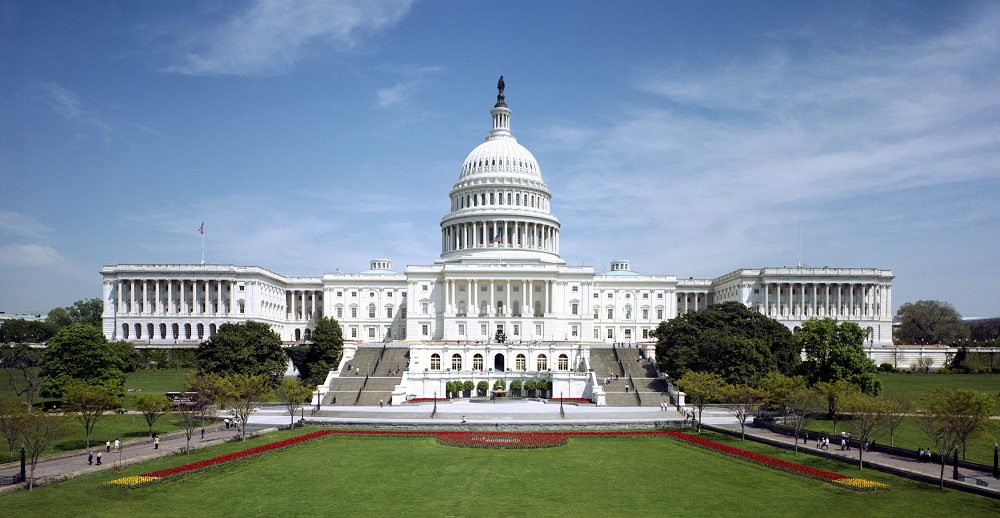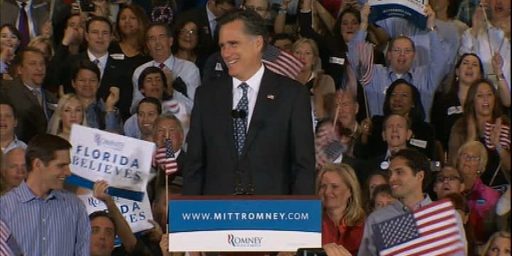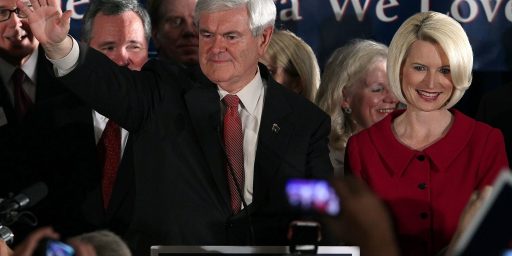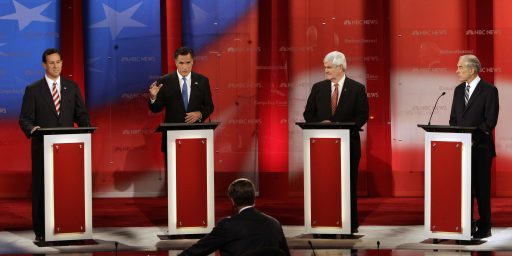No, Stacey Abrams Should not be Made Speaker of the House
Today in bad columns.
 A column in WaPo from a few days ago suggests a silly idea: Why Democrats should make Stacey Abrams speaker of the House
A column in WaPo from a few days ago suggests a silly idea: Why Democrats should make Stacey Abrams speaker of the House
Choosing an outsider would acknowledge how unpopular Congress is with the public. Choosing one as dynamic, popular and promising as Abrams, from a state in the South where Democrats have been gaining in strength, would signal a real change in the party’s philosophy — and anoint a leader who has the communications skills to go toe to toe with Trump.
A bold move like this would also fortify the alliances of progressives who helped pull Democrats over the finish line on Tuesday, strengthen the Democratic bench for Senate and presidential runs in 2020 and serve as a strong rebuke of the voter suppression and racism in Georgia at the hands of likely governor-to-be Brian Kemp. If House Democrats make this choice, Abrams as speaker would be a win for the party and for democracy. The move would also serve as a long-overdue acknowledgment of the contributions black women have always made to the Democratic Party, doing much of the work in exchange for very little credit or influence.
And in case you were wondering:
Contrary to popular understanding, the Constitution does not require the speaker of the House to be a member of Congress, although every speaker in American history has been. And while some speakers have exercised deep influence in backrooms in Congress (such as the enormously powerful Speaker Sam Rayburn’s famed board of education, the small hideaway in the Capitol where he gathered colleagues, including Harry Truman and Lyndon Johnson, for drinks and plotting strategy), modern speakers have also become the public face of their parties and salesmen for their agendas. At times, they have even driven the national political conversation.
Yes, it is true that the Constitution does not require the Speaker to be a member of House (although, as the quoted text notes, they always have been). Every once in a while someone writes a column like this, which suggests a bold move at Speaker. What such pieces always ignore is the degree to which being an effective Speaker requires intimate knowledge of the legislative process. This is not some symbolic position. If it was we would have seen a move like this before now.
The authors build a lot of their case on O’Neil and Gingrich:
The modern speakership has been defined by charismatic and memorable personalities such as O’Neill and Gingrich, and the strongest, most successful speakers are the ones who remade the role.
I think their position ignore the degree to which each of those Speakers (who, not coincidentally are two of the most well-known of recent vintage which I think skews their thinking here) also were effective at legislating (although Gingrich didn’t last long).





